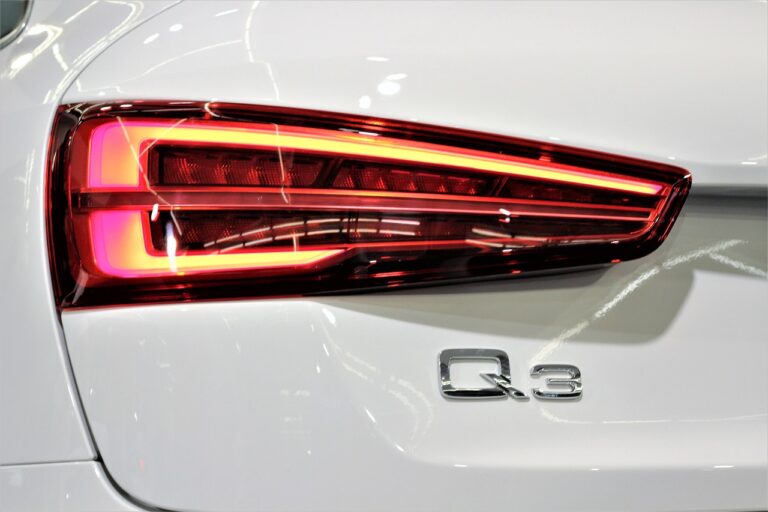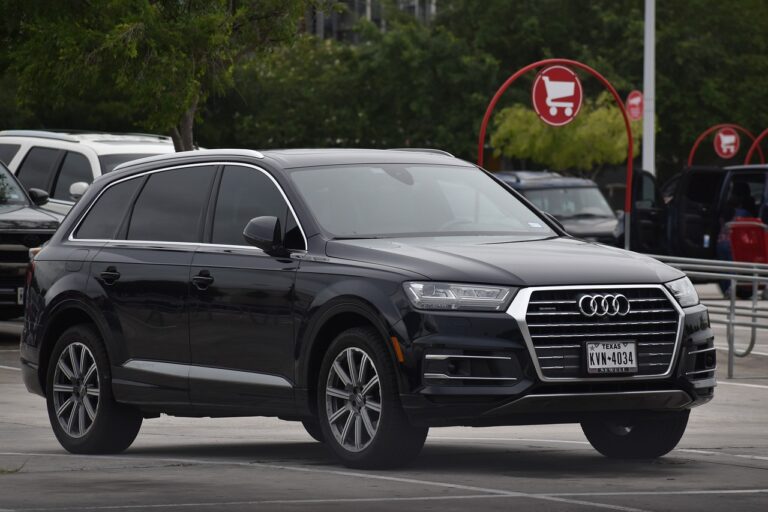Exploring the Potential of AI-Powered Virtual Car Museums for Education and Engagement
Car museums have undergone a significant transformation over the years. What once were static displays of vehicles behind velvet ropes have now evolved into interactive, immersive experiences for visitors of all ages. The focus has shifted from simply showcasing cars to telling the stories behind them, making the exhibits more engaging and informative.
Modern car museums now incorporate cutting-edge technology to bring the history of automobiles to life. Interactive displays, virtual reality experiences, and multimedia presentations have become common features, creating a dynamic environment that appeals to a wider audience. By embracing innovation and embracing a more interactive approach, car museums continue to evolve and capture the interest of enthusiasts and casual visitors alike.
The Impact of AI on Virtual Experiences
Artificial Intelligence (AI) has revolutionized the way virtual experiences are created and delivered to audiences worldwide. Through AI technology, virtual environments can now be enhanced with interactive features, personalized content, and real-time updates. This not only provides a more immersive experience for users but also allows for a greater level of customization and engagement.
One significant benefit of AI in virtual experiences is the ability to analyze user behavior and preferences to tailor the content specifically to individual needs. By leveraging AI algorithms, virtual platforms can adapt in real-time to user interactions, providing a more personalized and responsive environment. This level of customization ultimately enhances the overall user experience, making virtual interactions more engaging, interactive, and relevant to each user.
AI technology has revolutionized virtual experiences by enhancing interactive features and personalized content
Real-time updates provided by AI make virtual environments more immersive for users
Analyzing user behavior and preferences allows AI to tailor content specifically to individual needs
Virtual platforms can adapt in real-time to user interactions, providing a more personalized and responsive environment
Enhancing Education Through Virtual Car Museums
Throughout history, museums have been vital sources of education and inspiration. As technology continues to advance, the traditional concept of visiting physical museums is evolving. Virtual car museums are revolutionizing the way people learn about automotive history and culture. By offering interactive exhibits, detailed information on vehicles, and immersive experiences, these digital platforms are enhancing educational opportunities for enthusiasts of all ages.
Virtual car museums provide learners with the flexibility to explore at their own pace and delve deeper into specific areas of interest. Through virtual tours, visitors can examine rare automobiles, learn about innovative technologies, and discover the stories behind iconic cars. This hands-on approach to learning fosters a deeper connection to the subject matter and allows for a more engaging educational experience.
What are the advantages of virtual car museums over physical ones?
Virtual car museums offer the convenience of being accessible from anywhere with an internet connection, allowing visitors to explore collections without the need to travel. Additionally, virtual museums can incorporate interactive features and multimedia content for a more engaging experience.
How does AI enhance the virtual museum experience?
AI technology can personalize the user experience by providing tailored recommendations based on user preferences. It can also offer detailed information about the cars on display and even simulate driving experiences for an immersive learning experience.
Can virtual car museums be used as educational tools?
Yes, virtual car museums can be valuable educational resources for students of all ages. They can provide in-depth information about the history of cars, engineering concepts, and the impact of automotive technology on society. Teachers can incorporate virtual museum visits into their lesson plans to enhance learning.
Are virtual car museums suitable for all audiences?
Yes, virtual car museums can cater to a wide range of audiences, from car enthusiasts and collectors to students and casual visitors. The interactive and educational features of virtual museums make them suitable for anyone interested in learning more about cars and their cultural significance.







